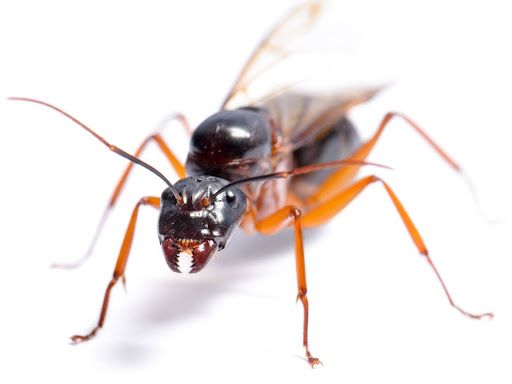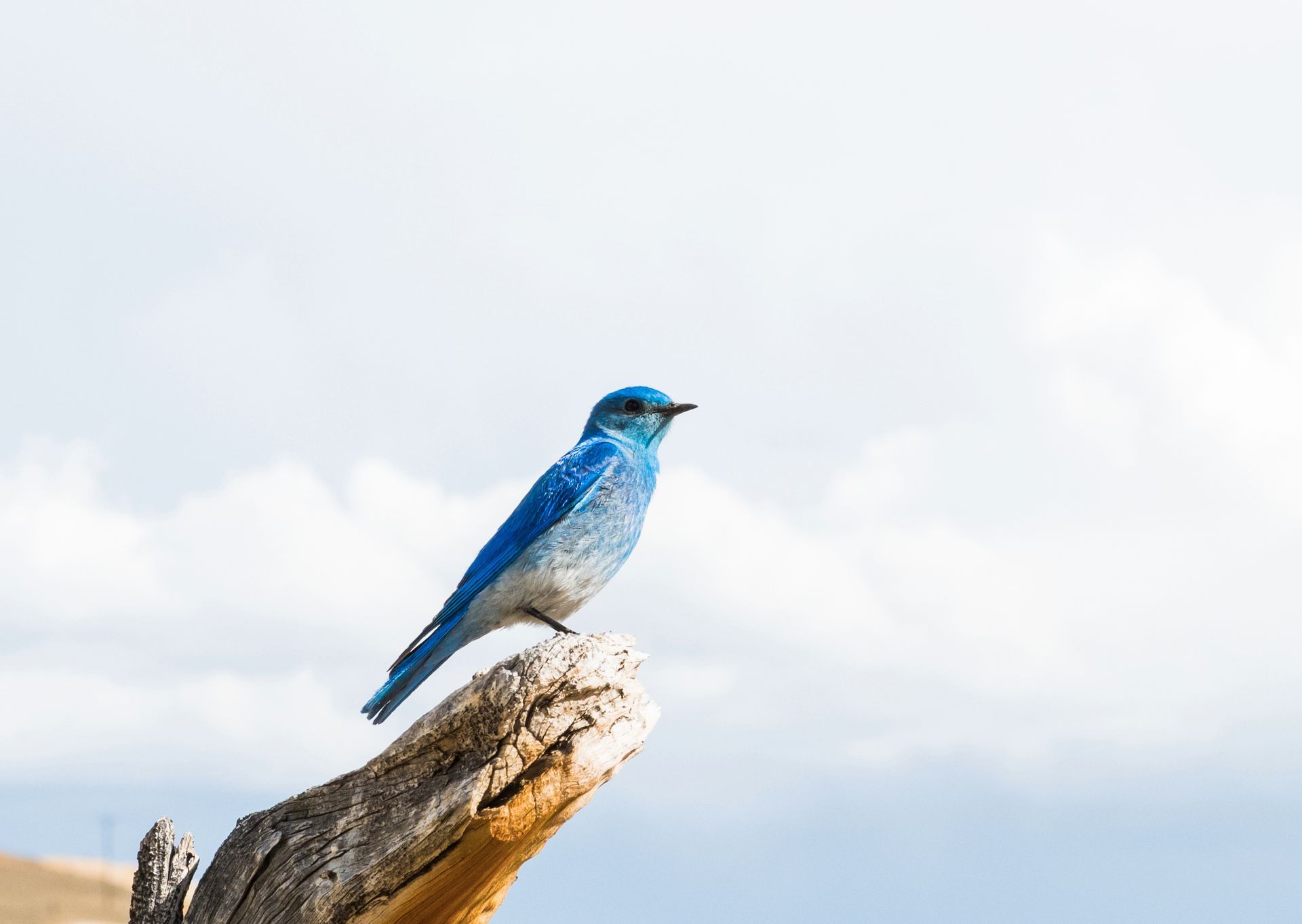Keeping Bees Safe While Managing Pests: Balancing Eco-Friendly Solutions
Bees are central to our world’s food supply, ensuring pollination for a wide variety of fruits, vegetables, nuts, and other crops. When bees thrive, entire ecosystems benefit, from native plant species to the animals that depend on them for their survival. While bees are integral to the environment, urban and residential areas still need preventive and targeted pest control to manage insects that pose health or property risks. Balancing the need to eliminate unwanted pests with the need to protect pollinators is both a responsibility and an opportunity to employ sustainable, eco-friendly approaches.
Eco-Friendly Pest Control Strategies
Eco-friendly pest control practices focus on minimizing or eliminating harm to beneficial insects such as bees. Instead of blanket treatments that affect all insects, modern strategies emphasize targeted methods. These methods utilize integrated pest management (IPM) principles, carefully choosing solutions that address pest issues effectively without harming non-target species. By deploying precise methods and using products with minimal environmental impact, it’s possible to maintain a safe, pest-free environment while ensuring bees keep doing what they do best: pollinating.
Eco-friendly pest management also involves monitoring pest populations to intervene only when necessary. This approach can reduce overapplication of treatments and extend the benefits beyond a single pest season. In an urban setting, IPM means regular inspections, proper sanitation, structural repairs to prevent pest entry, and the occasional use of carefully selected products that respect both homeowners and local ecological well-being.
How Natura Pest Control Protects Pollinators
Natura Pest Control prioritizes responsible methods that safeguard bees in the course of pest management. By considering factors such as timing, treatment selection, and application techniques, our team ensures beneficial insects stay out of harm’s way. Urban environments in Nevada and Idaho can be challenging because populations of carpenter ants, wasps, cockroaches, or other problematic insects often reside in close proximity to beneficial pollinators. However, our approach addresses these pests while maintaining a pollinator-friendly stance.
For instance, one of the fundamental strategies involves scheduling treatments at times of day when bee activity is low. By targeting pests when bees are less likely to be foraging, we minimize exposure and reduce the possibility of unintended impact. Additionally, we choose products that preserve good insects while targeting specific pests. This selective approach is another layer of protection that fosters stronger bee populations, supports sustainable urban landscapes, and reduces the need for follow-up interventions.
Supporting Bee-Friendly Urban Environments
In Nevada and Idaho’s busy communities, there’s a growing awareness that protecting pollinators benefits not only our flora and fauna but also the longevity of local agriculture and greenery. Many homeowners now plant pollinator gardens—featuring native wildflowers and carefully chosen flowering plants—as a conscious effort to boost bees’ food sources. By combining these gardens with our thoughtful pest control approaches, families can experience thriving outdoor spaces without resigning themselves to pest infestations.
Bees often encounter obstacles in bustling city environments, including limited natural habitats and pesticide exposure. Through careful urban pest management, it is possible to transform these environments into supportive havens for pollinators. Encouraging the growth of pollinator-friendly plants, reducing the use of broad-spectrum products, and ensuring proper nesting opportunities are some of the ways that pest control practices can coexist with healthy bee populations.
Moving Forward and Staying Informed
Homeowners, businesses, and pest control professionals all play a part in protecting bee populations. From planting pollinator-friendly flowers to scheduling carefully timed pest treatments, every action can make a difference. As public awareness of the importance of pollinators grows, collective efforts drive the push toward more sustainable practices in the pest control industry.
If you’re interested in learning more about how Natura Pest Control balances eco-friendly solutions with preserving bee populations, contact us today to speak with one of our specialists. For information on the wide range of services we provide to keep your home and community safe, explore our Services page. Together, we can cultivate a harmonious environment where beneficial pollinators thrive and pests remain under control.




